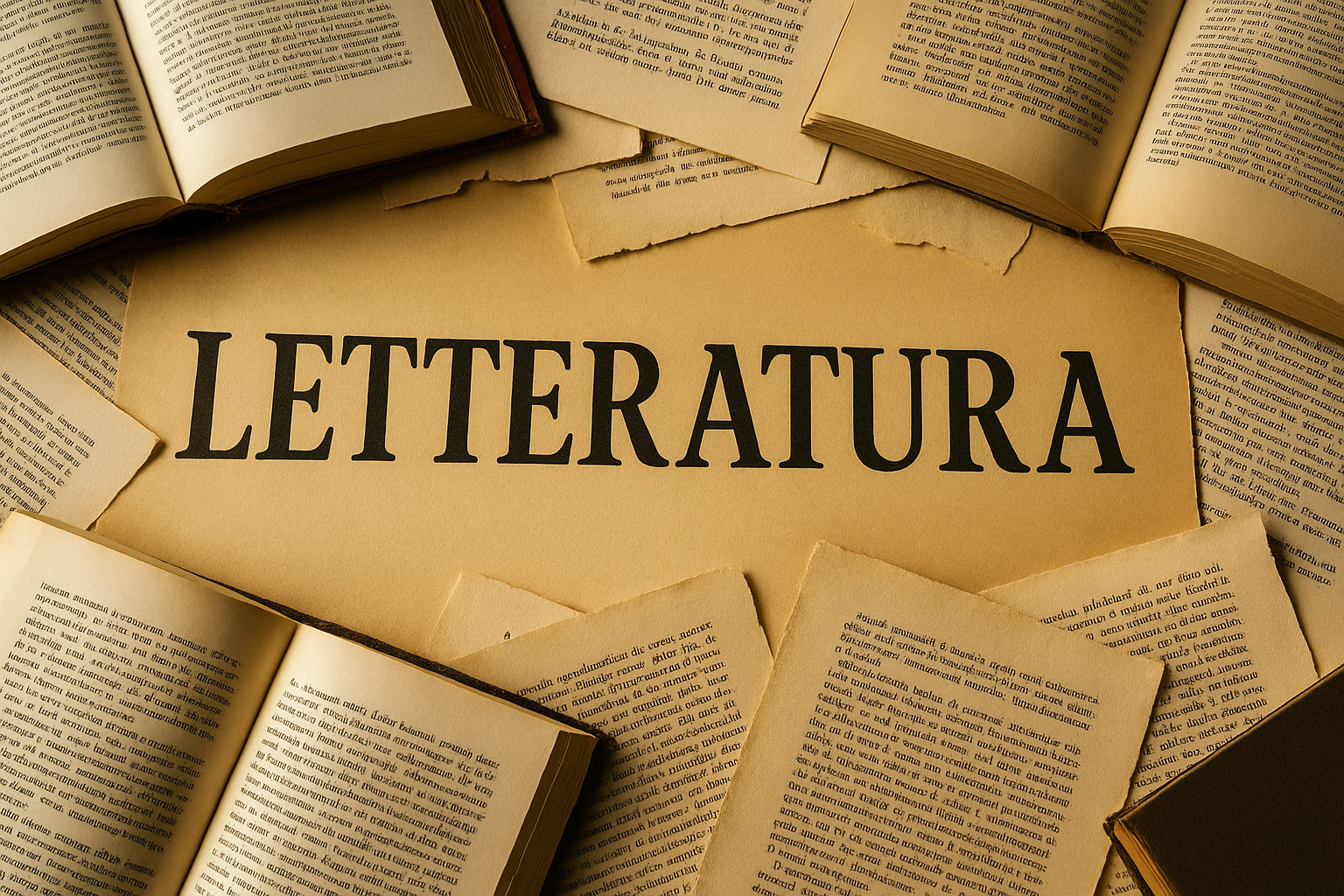
Poesia is a form of literary art in which the aesthetic, often rhythmic, qualities of language are used to create meaning in addition to or in place of literal or surface-level meaning. The term poetry comes from the Greek words poiesis, which mean “making” and p
Poetry differs from prose, which is more objectively informative and utilitarian, in that it uses the formal and aesthetic properties of language to convey emotion or ideas, rather than factual information. Historically, the word has been applied to works that use meter, rhyme, and other poetic devices to achieve expressive effects and musical resonances. The genres of poetry have varied over time and across cultures, but some defining characteristics have emerged. These include the use of a closed logical or metrical form, the use of sound symbolism (metaphor, simile, and personification), a recurring rhyme scheme or other metrical pattern, and the use of the line length and syllable count to evoke particular emotional or psychological effects.
Examples of poetry have included folk songs, religious hymns, and retellings of oral epics. In later developments, the focus has shifted to more developed forms such as elegy, sonnet, villanelle, ghazal, and other verse structures, many of which are based on sets of strict or loose rules.
For example, iambic pentameter is used in English sonnets, and hendecasyllable and alexandrine meters are common in Romance languages. In more developed poetic forms, a volta, or turn, is often used to provide a surprise or dramatic change to the poem’s subject matter. This is usually done through a statement that contradicts or complicates the earlier statements. Notable elegiac poets have included Propertius, John Dryden, William Shakespeare, and John Milton.
Sonnets of all types, whether Petrarchan or English, frequently contain a volta, with the volta typically occurring around the division between the second and third quatrains of the Italian sonnet, or near the opening couplet in an Elizabethan sonnet. More recently, some poets have challenged the logical progression of the volta in their work, notably in works by Ted Berrigan and Carol Ann Duffy.
Speculative poetry, which also includes weird and macabre poetry, is a genre that focuses thematically on subjects beyond the realm of reality, either through extrapolation as in science fiction or via themes of the weird or horrific as found in horror fiction. Notable speculative poets have included Ignacy Krasicki, Felix Maria de Samaniego, and Ambrose Bierce.



